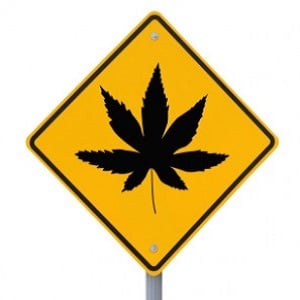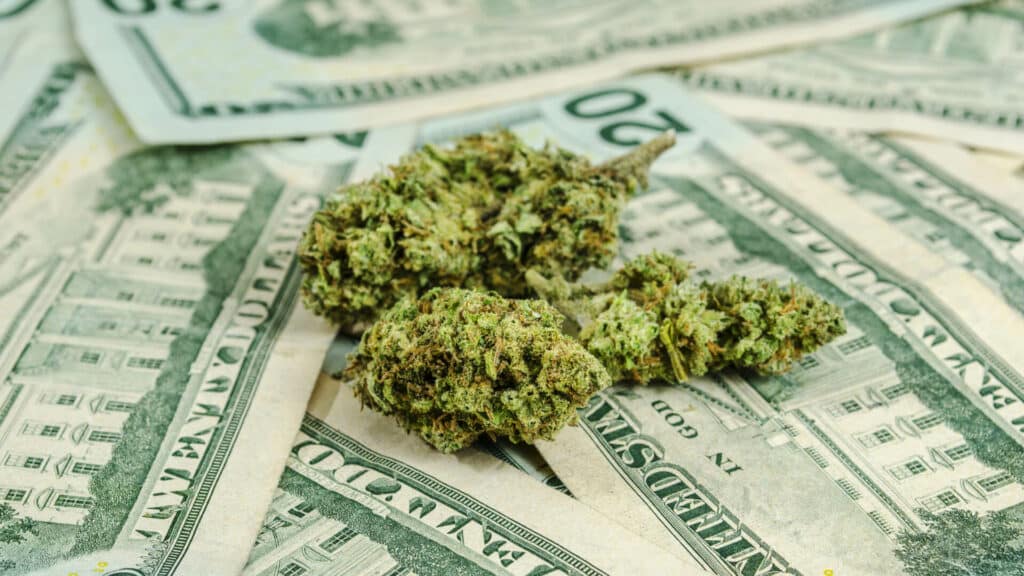 Many members of law enforcement love marijuana prohibition. It’s not because they necessarily hate marijuana, but rather they like the way marijuana prohibition makes their jobs easier. As I heard one state trooper say, ‘It gives us virtually unlimited access to search people. All I have to do is say that I suspect there is marijuana on the person or in the vehicle.’ It’s true, all police have to do is play the ‘there may be marijuana present’ and they can do just about whatever they want.
Many members of law enforcement love marijuana prohibition. It’s not because they necessarily hate marijuana, but rather they like the way marijuana prohibition makes their jobs easier. As I heard one state trooper say, ‘It gives us virtually unlimited access to search people. All I have to do is say that I suspect there is marijuana on the person or in the vehicle.’ It’s true, all police have to do is play the ‘there may be marijuana present’ and they can do just about whatever they want.
Some cops in Massachusetts have been using that tactic for years, even though Massachusetts decriminalized marijuana possession a long time ago. Last week Massachusetts highest court ruled that such tactics are unconstitutional when it comes to marijuana possession. Per the Boston Globe:
In a decision hailed by civil rights advocates and supporters of marijuana legalization, the state’s highest court ruled Tuesday that police cannot stop motorists solely because they suspect the vehicle’s occupants are in possession of the drug.
The Supreme Judicial Court based its 5-2 ruling largely on a measure that voters approved in 2008 that reduced possession of an ounce or less of marijuana from a criminal offense to a civil violation punishable by a fine.
“Permitting police to stop a vehicle based on reasonable suspicion that an occupant possesses marijuana does not serve [the] objectives” of the law change, Justice Margot Botsford wrote for the majority.
This was definitely a great win for social justice, but people need to temper expectations. The Massachusetts State Police seems to have taken the decision with a grain of salt, and plans on continuing to operate the same as they did before the decision. See the quote from David Procopio, a spokesperson for the agency, below via the same Boston Globe article:
“What does concern us about marijuana, even amounts less than an ounce . . . is whether the operator has used it and is thus driving while impaired,” Procopio said. “The voters decriminalized possession of less than an ounce. That does not mean that using less than an ounce means you are OK to drive . . . and this ruling will have no impact on the observations we use to establish probable cause for drugged driving or our determination that a driver should be charged as such.”





